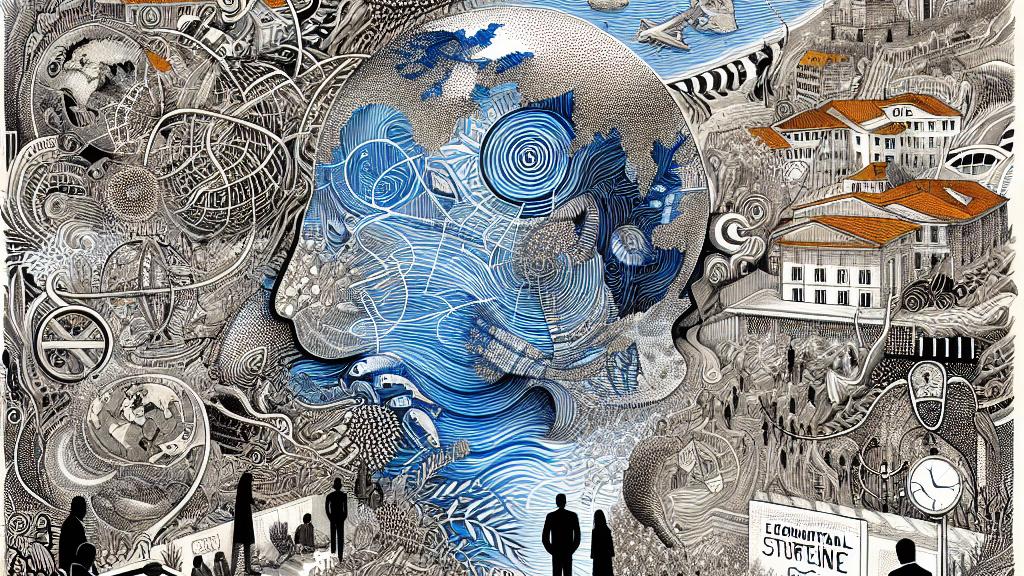Understanding How Ocean Societies Can Thrive
Overview
- The UN Ocean Conference in France aims to reshape global ocean governance.
- Current proposals focus heavily on environmental and economic factors.
- A dynamic ocean society is crucial for achieving sustainable ocean health.

The Role of UN Ocean Conference
The upcoming United Nations Ocean Conference (UNOC3), set for June 2025 in the picturesque city of Nice, France, is poised to be a pivotal moment for ocean governance. Here, nations will gather, bringing together diverse voices to confront the urgent challenges facing our oceans. But amid this excitement, there's a pressing concern: The draft proposals, known as the 'zero draft' declaration, primarily center on environmental concerns and economic strategies, while leaving significant social dimensions in the shadows. By neglecting the human element, and the vital role communities play in conservation, we risk perpetuating a fragmented view of ocean health. It is essential that we elevate local voices and experiences in these discussions, ensuring that our strategies for ocean protection are inclusive and impactful.
Importance of Ocean Societies
Imagine a world where ocean societies are brimming with enthusiastic members who take charge of protecting their environment. This ideal isn't just a dream; it's becoming a reality. In thriving ocean societies, engaged communities are pivotal to effective conservation. Take the Sustainable Ocean Alliance, for instance. This organization has nurtured an incredible network of over 7,000 young leaders across the globe. These young visionaries are not only advocating for better policies but are actively creating solutions. From launching innovative startups aimed at reducing plastic waste to organizing local beach clean-ups, their efforts highlight the power of grassroots action. Each of these initiatives contributes to a broader narrative of hope and resilience, showing that when communities come together, they can truly alter the course of ocean conservation.
A Combined Effort for Ocean Health
To genuinely achieve ocean sustainability, we must understand that conservation is a multifaceted endeavor—one that requires more than just policies and regulations. Picture vibrant coastal communities filled with educated individuals who are connected to their marine surroundings and passionate about its future. This vision can become reality through a collaboration that merges environmental goals with the empowerment of local populations. This means offering educational workshops that teach about marine ecosystems and climate change, or supporting community projects that focus on clean water access and habitat restoration. Take, for example, initiatives where communities develop local marine protected areas, thus fostering stewardship and ownership. The effects of such programs resonate deeply, creating a new generation of dedicated ocean guardians ready to tackle the complex challenges that lie ahead. Together, we can cultivate not only healthier oceans but also stronger, more resilient communities that thrive in harmony with their marine environments.

Loading...